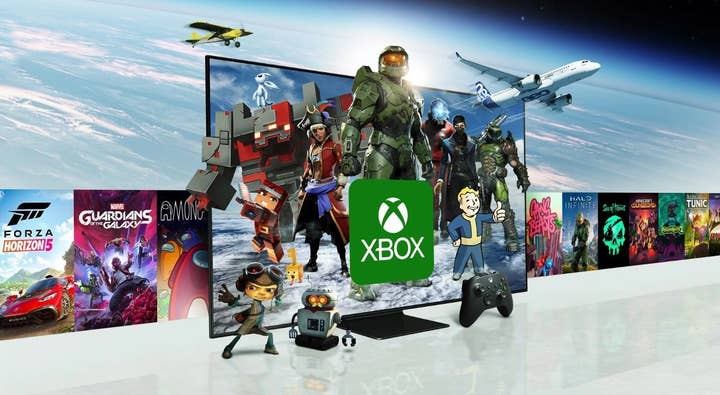Who is subscribing to Game Pass, PS Plus and Nintendo Switch Online, and why?
Convenience is the No.1 reason people are signing-up to video game subscription services
Earlier this year, Ubisoft told us that one in ten people who subscribe to its Ubisoft+ service are entirely new to Ubisoft's games.
The data suggests some gamers are partially treating the service to trial or even rent a game they might be interested in, before unsubscribing. In October, Ubisoft saw a record number of subscribers who signed up, presumably, for Assassin's Creed Mirage.
The firm didn't share exact figures, and they're unlikely to be significant, but there's some evidence that subscription has unlocked some new customers for Ubisoft, if not necessarily the games industry at large.
It prompted us to get in touch with Newzoo to see if we can understand a bit more about who is subscribing to these services, and why.
According to the data firm's Global Gamer Study, subscribers from Western markets (North America, Europe, and Australasia) are mostly men (62%) and aged between 21 and 35 (42%).
And unsurprisingly, they're core gamers (or as Newzoo refers to it, people who consider gaming a hobby). 52% of subscribers consider video games their favourite hobby, with 34% spending more than six hours per week on console games, and 32% spending the same the same amount of time on PC games.
Overall, subscription users were already average spenders of PC and console games (spending roughly $5 to $25 a month on games).
Interestingly, subscription users tend to have a higher income level (43%) compared with non-subscribers (34%). The definition of 'higher income' varies by country, but in the US that's anyone over $100,000 a year.
It suggests that, although value and saving money is clearly a big motivation for subscribers, it isn't the biggest reason why most gamers subscribe to the likes of Xbox Game Pass, PlayStation Plus, Nintendo Switch Online and others.
In fact, Newzoo suggests that "the potential cost savings may not be sufficient to justify the subscription for those with lower income values."
Its data says that "discounts or cost savings compared to buying games separately" is no more motivating to low-income gamers (31% cite this as a reason for subscribing) than it is for those on a high-income (also 31%). Low-income gamers are those earning less than $50,000 a year (and again, varies by country).
However, cost-savings/discounts is the joint No.1 motivation for low-income gamers, alongside "enjoying multiplayer features and online gaming." Indeed, that latter reason is the No.2 reason for subscribing for both middle- and higher-income players. (Middle-income gamers are those earning between $50,000 and $100,000).
The No.1 reason for mid- or high-income players when it comes to subscribing to a service is the "convenience of trying out new games instead of buying them individually." 35% of mid-income players and 38% of high-income players cite convenience as a motivator, vs 30% for low-income players.
Most popular reason for subscribing by income level
| Motivation for subscribing | Low Income % | Rank (Low Income) | Mid Income % | Rank (Mid Income) | High Income % | Rank (High Income) |
|---|---|---|---|---|---|---|
| Convenience of trying out new games without purchasing them individually | 30% | 2 | 35% | 1 | 38% | 1 |
| Enjoying multiplayer features and online gaming | 31% | 1* | 33% | 2 | 37% | 2 |
Note: Rank is out of 10 reasons in total.
*Tied with “discounts or cost savings” for #1 rank.

